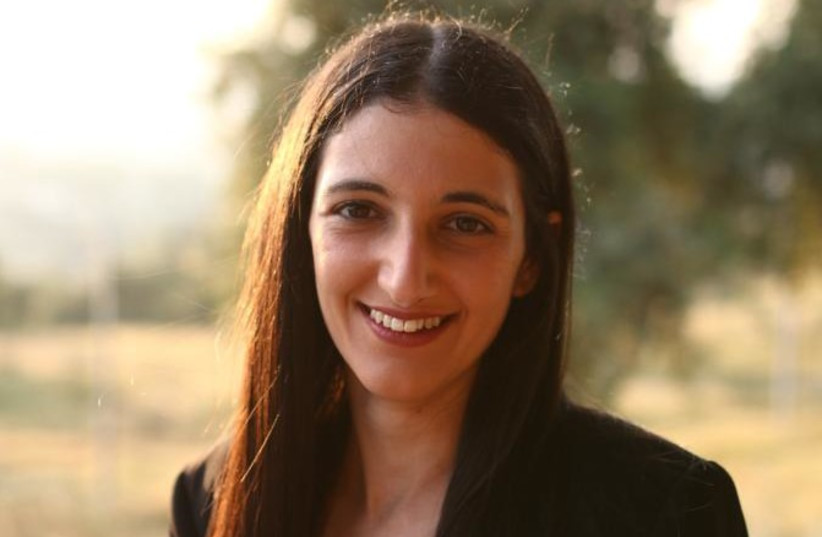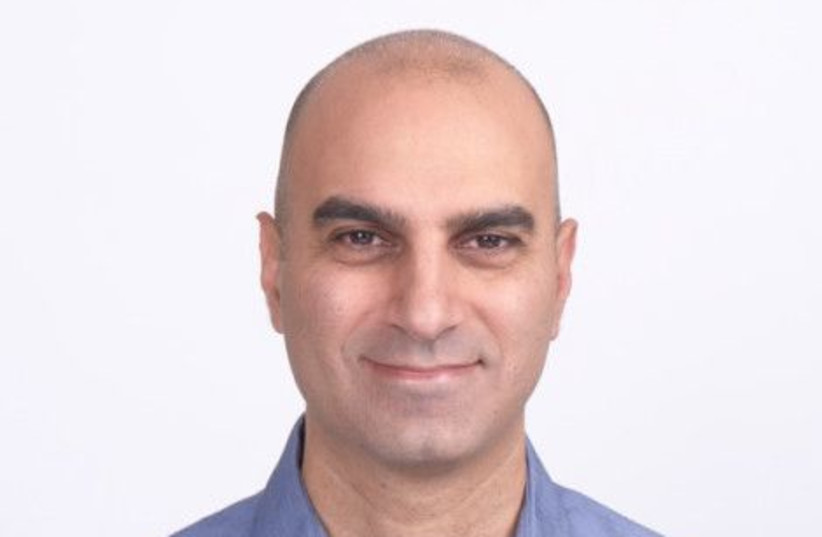With approximately 100,000 Israelis displaced from their residences in southern Israel, the country is committed not only to reinstating safety but also to the reconstruction of homes and infrastructure ravaged by terrorists on October 7th.
Instead of merely erecting houses and clearing roads, there has been a solid push to "build back better" by transforming the western Negev region—now renamed Hevel Tekuma, translating to "revival zone" in English—into a sustainable area.
Later this week at the Eilat Eilot International Renewable Energy Conference, Eilat-Eilot's CEO Dorit Banet will talk about a new plan to develop a public benefit energy company in Hevel Tekuma, which could be a significant development in the region's energy landscape.
The concept is that the local authorities would work with private solar energy providers and the government to develop a public benefit company that provides renewable energy to residents and funds to reinvest in the region.
Here's how it works: Local authorities team up with nearby industries, educational institutions, and development organizations to form a new company. This company provides energy to residents at lower prices. But it's not just about saving money for locals. The municipalities and their partners collaborate to use public areas smartly. They create more energy and build energy-efficient buildings and services. Eventually, the money made is divided, and the municipalities can reinvest it in the community.

Banet said the government would need to loan the municipalities the money at a reasonable interest rate to get started. The municipalities could pay the government back. Getting it off the ground should not take more than two years, and the result would be multiple benefits even outside the region, Banet said.
"It would increase the amount of renewable energy in the Israeli mix," Banet explained.
The country has committed to reaching 30% renewable energy by 2030, although all reports say that Israel is far from achieving its goal. Banet believes that at least another 2 gigawatts of solar renewable energy could be immediately produced in Hevel Tekuma based on the existing infrastructure – and eventually as much as another 8.5 gigawatts of solar energy.
Energy Ministry's three-pronged plan
THE ENERGY MINISTRY has its own NIS 3 billion, five-year energy plan for the region, according to Tal Avishi, the ministry's head of the Long-Term Policy and Strategic Projects Division. She said the plan has three main goals, many of which would work well with Banet's proposal.
The first is to improve energy security within the region.
"The goal is to have Hevel Tekuma operate as an energy island"—a self-sufficient area that produces its own energy, often using renewable sources, Avishai explained. "This is important not just in the case of emergencies, but daily life, such as during periods of extreme weather."
In addition, she said the ministry is looking and developing underground energy infrastructure that would reduce the grid's vulnerability.
The second is promoting clean and efficient energy.
Avishai said, "Our vision includes 5 gigawatts of renewable energy, in addition to green building, sustainable water systems and infrastructure for electric vehicles."
Today, the area produces only around 300 megawatts of renewable energy.
The third principle is innovation.
"Technology is an inherent part of the solution, to benefit not only the energy functionality but the region's economy," Avishai added.
Avishai said that the NIS 3 billion would not be fully funded by the government, although there would be some commitment. She noted that the ministry sees its role as reducing the bureaucracy to move these plans forward and bringing the relevant people and entities together.

Transitioning to a hydrogen economy
ONE OF THE most significant challenges could be the lack of infrastructure. Banet said that if the region has to wait to build new pipelines or other infrastructure, a short-term plan could take more than two decades.
Lior Elbaz said the best solution would be to move the Hevel Tekuma region toward a green hydrogen economy.
Elbaz works as a professor in the Chemistry Department at Bar-Ilan University. He also oversees the Hydrogen Technology Lab at the National Institute for Sustainable Energy. He said one major problem worldwide is storing and moving energy as we're trying to move from using fossil fuels to using renewable energy sources.
One of the best ways to transport solar energy is by converting it into hydrogen through electrolysis.
"Today, 80% of energy in the world is being transported in the form of molecules because it is better to transport it this way and cheaper to store it this way," Elbaz said. "In the Negev area, we have quite a bit of land and clear skies to produce lots of solar energy. If we converted it to hydrogen, we could transport it via existing pipelines to wherever we need it and then convert it again back to electricity."
Israel would not be the first country to do this. Elbaz said there are more than 60 hydrogen valleys in Europe, which are "microcosms" of a future hydrogen economy. The idea is to start connecting them and to create a hydrogen network.
The United States recently announced it is creating eight hydrogen hubs.
In May, Israel's first hydrogen fuel station opened in Sonol Yagur near Haifa Bay, allowing customers to refill compatible vehicles with hydrogen, much like filling up with gasoline or diesel. There are two other approved hydrogen pilot projects: A new "Hydrogen Valley" in Israel's southern Kibbutz Yotvata, where hydrogen will be used to pasteurize milk in the local dairy. Also, the Tel Aviv municipality won a tender from the Energy Ministry to operate two pilot hydrogen garbage trucks.
The idea is for the Negev to have a much larger operation, with solar energy being stored in hydrogen and then transported throughout the region to energize everything from cars to homes.
"Most of what we are talking about is on the shelf, meaning we don't need to reinvent the wheel" to move these plans forward for Hevel Tekuma, Elbaz stressed. Only three things need to come together: Regulations – the government needs to let it happen; companies that want to do it – and many of those already exist, according to Elbaz; and funding.
"Energy is basic in our lives, and creating a reliable grid together with innovation and energy efficiency can help enable the region to flourish again and more," the Energy Ministry's Avishai said. "Energy will play a crucial role in rehabilitation and the ability of the region to prosper."
